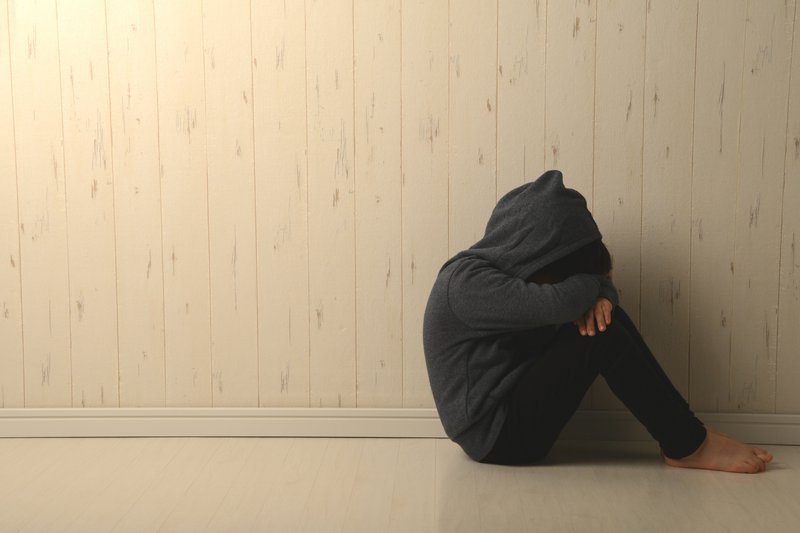Don’t ignore mental health problem warning signs
Updated | By ThriveIn
October 10 is World Mental Health Day and this year’s focus is ‘young people and mental health in a changing world’.

Mental health is as important as physical health. It affects how we think, our mood, behaviour and physical health. Therefore, it is crucial to be mentally healthy.
According to the World Health Organisation, half of all mental illness begins by the age of 14, but most cases go undetected and untreated. Sadly, many young people resort to suicide.
The organisation reports that suicide is the second leading cause of death among 15-29-year-olds. In South Africa, 9% of all deaths among teenagers are due to suicide, reports South African Anxiety and Depression Group (SADAG).
ALSO READ: Dealing with suicide- expert advice
How can one improve their mental health?
According to WHO, prevention begins with being aware of and understanding the early warning signs and symptoms of mental illness
.
According to mentalhealth.org warning signs of mental illness are:
· Eating or sleeping too much or too little
· Having low or no energy
· Feeling numb or like nothing matters
· Having unexplained aches and pains
· Feeling helpless or hopeless
· Smoking, drinking or using drugs more than usual
· Feeling unusually confused, forgetful, on edge, angry, upset, worried, or scared
· Yelling or fighting with family and friends
· Experiencing severe mood swings that cause problems in relationships
· Having persistent thoughts and memories you can't get out of your head
· Hearing voices or believing things that are not true
· Thinking of harming yourself or others
· Inability to perform daily tasks like taking care of your kids or getting to work or school
How to improve mental health:
It is very important to seek professional psychological help when you suffer from a mental health problem. Professionals are trained to know how to get to the root of the problem and to offer the appropriate help that you need.
Mentalhealth.org recommends staying positive, getting physically active, helping others, getting enough sleep and developing coping skills.
It’s also important to learn to openly talk about your feelings and set realistic goals. Also, spend time doing the things that you love which improve your mood.
Living a healthy lifestyle, along with consulting a mental health professional, can also help improve your mental health i.e. exercising and eating healthy food.
Image courtesy of iStock/takasuu
Show's Stories
-
Woman shows how many Easter eggs she bought
How much is too much when it comes to buying Easter eggs?
The Workzone with Alex Jay 1 day, 19 hours ago -
Enjoy a rainbow Easter weekend at Melrose Arch
This weekend, Melrose Arch transforms into a wonderland of colour and f...
The Workzone with Elana Afrika-Bredenkamp 1 day, 19 hours ago